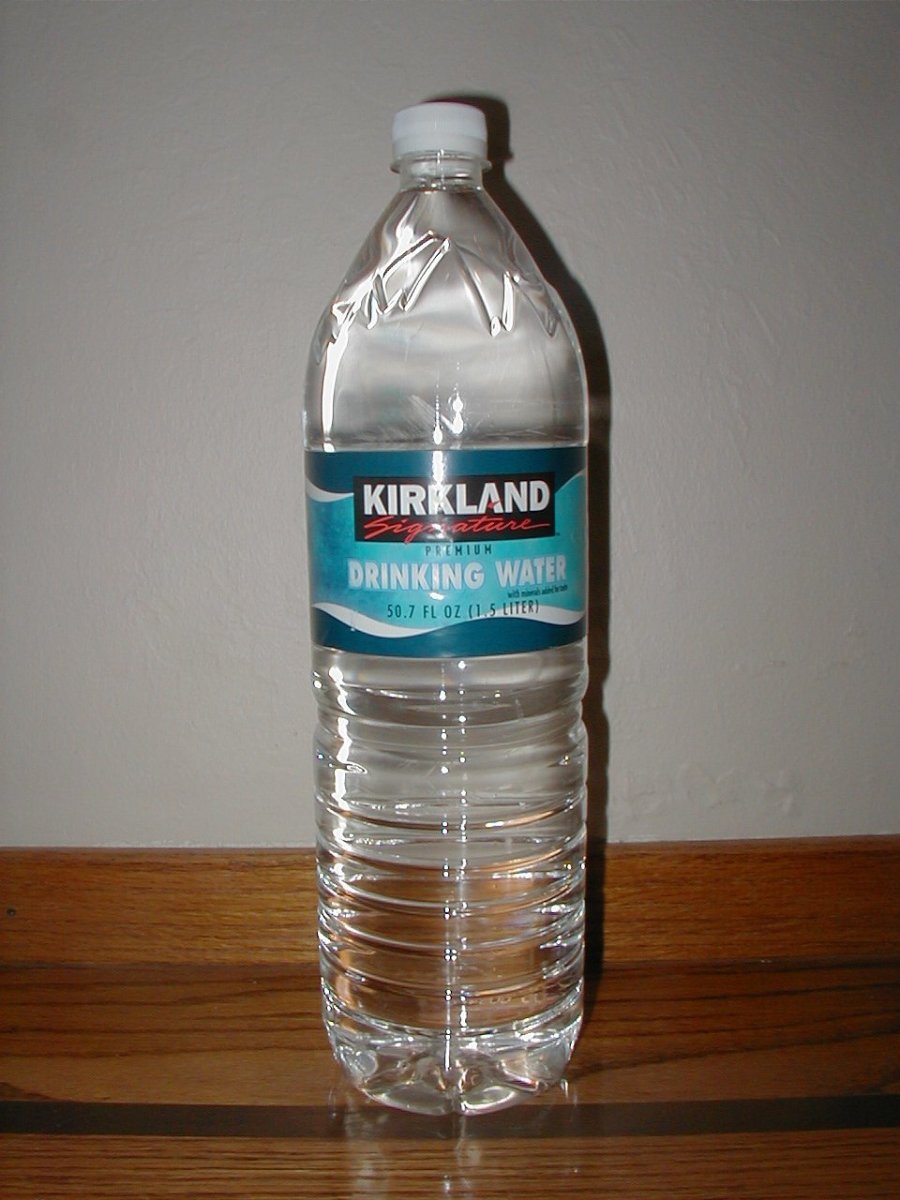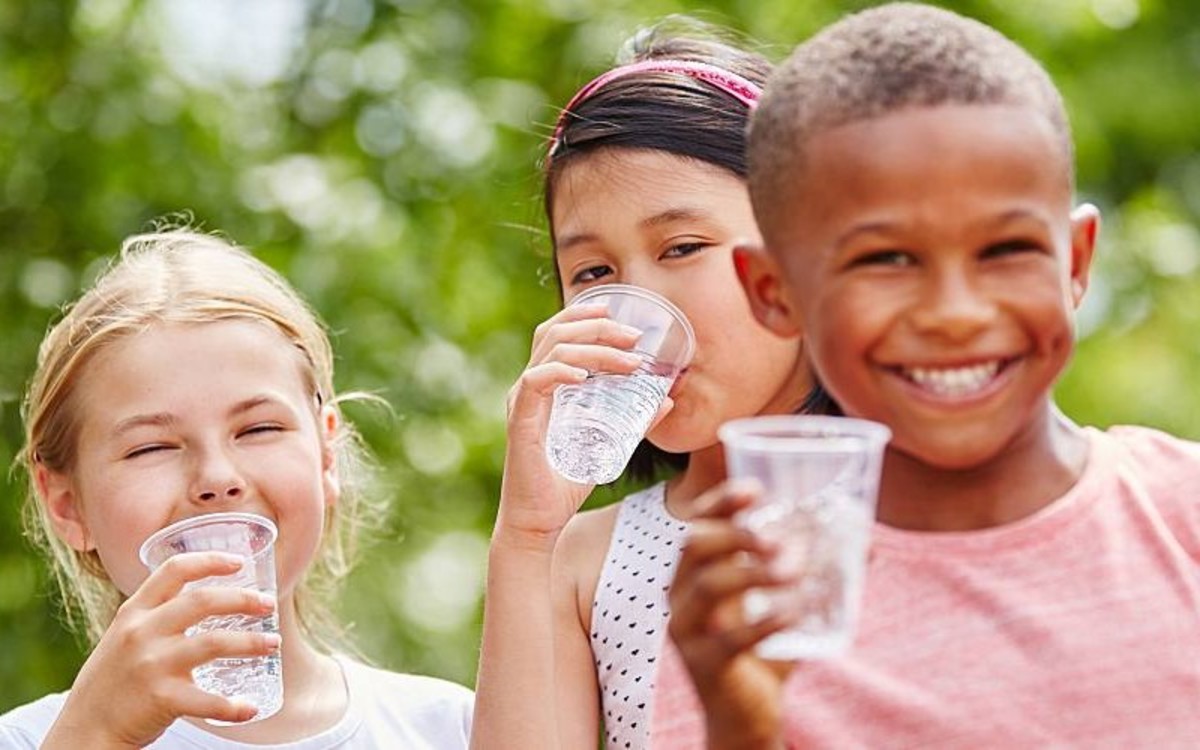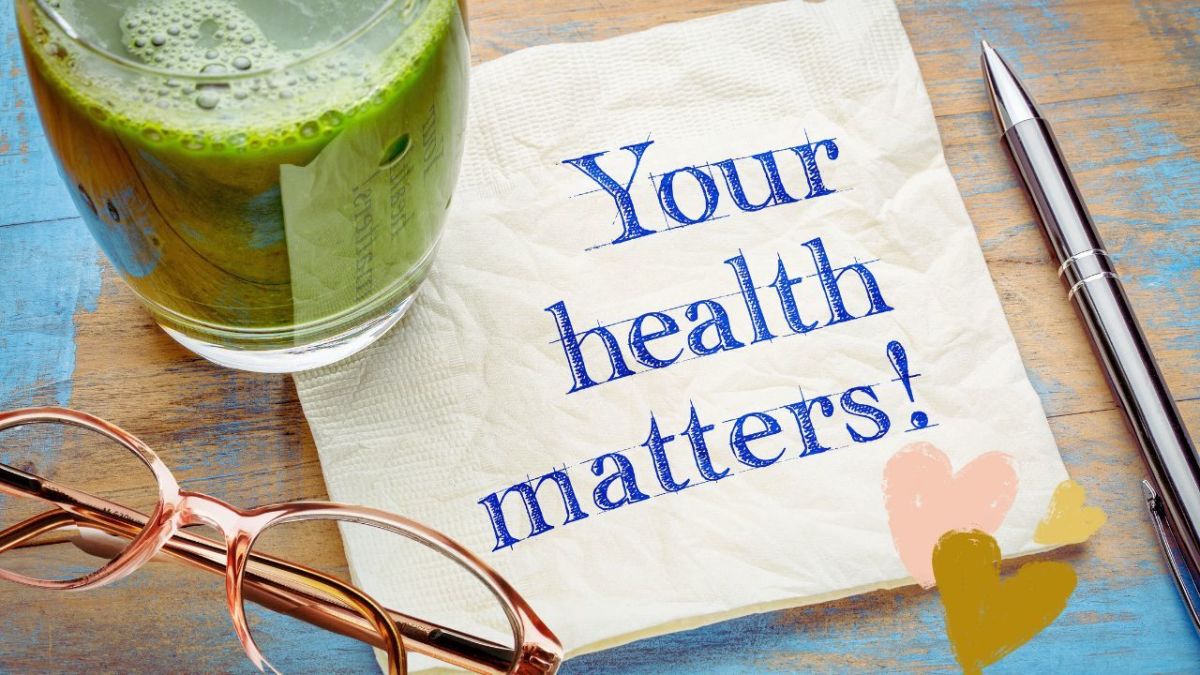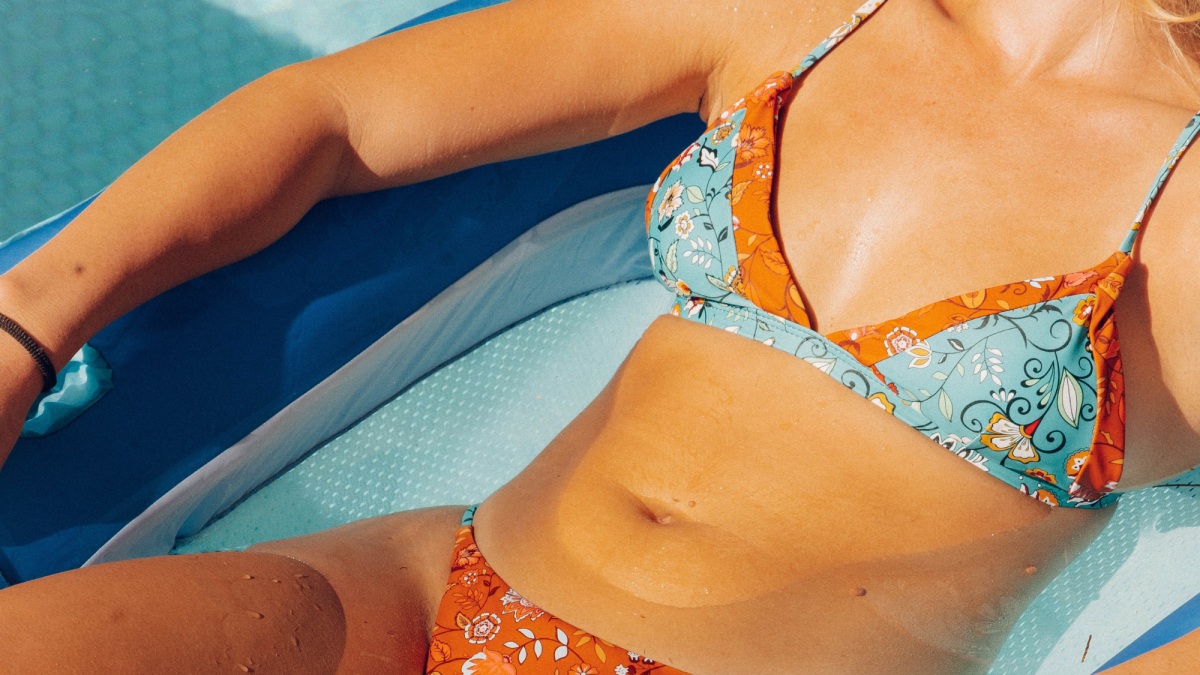How Much Water To Drink - How Much Really Is Enough To Keep You Hydrated
Keeping Hydrated Can Seem Daunting
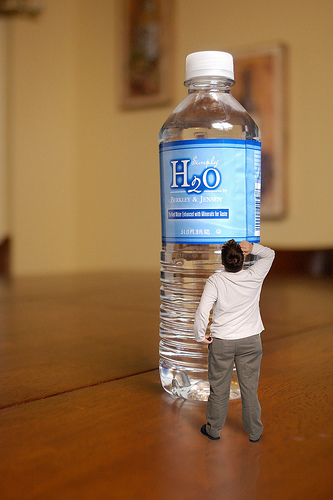
Water is vital to our bodies, being utilised by almost every part of our bodies to function properly.
Your brain contains 75% water and slight dehydration can cause a number of problems, like reduced capacity, headaches and dizziness.
Our bodies are made up of around two thirds water and we lose on average around 4 litres of water each day.
Suitably rehydrating yourself over the course of the day is of vital importance and is something that many people may struggle to do.
Institute Of Medicine Guidance On Adequate Intake Of Water
The Adequate Intake of total water for adults between the ages of 19-30 was defined by the Institute of medicine as 3.7 litres (125 oz) and 2.7 litres (91 oz) for men and women respectively. Around 80% of the total water consumed should be from drinks with the remainder coming from foods.
Adequate Intake; a category of Dietary Reference Intakes; an amount of a nutrient that is a recommended intake for a life stage or gender group for which it is established and is based on experimentally derived intake levels or approximations of observed mean nutrient intakes by a group (or groups) of healthy people.
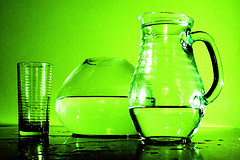
Drink A Little Often
Your body uses water throughout the day and consequently loses water throughout the whole day and regular water consumption is necessary to keep your body carefully hydrated.
Sip water throughout the day, rather than consuming a large amount all at once (which would result in you getting rid of a lot of it through your urine).
When you first get up, treat yourself to a glass of water. Unless you have been up during the night and had a drink, your body will have gone for around 8 hours without water.
The water "injection" in the morning will kick start your bodies internal functions, beginning to cleanse your body, removing toxins that have been building up in your body overnight and stimulating faeces production.
Just A Dash Of Water
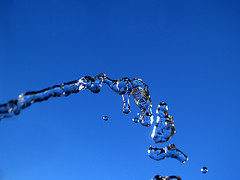
- Your body can often mistake dehydration for hunger. If you get a feeling of hunger between meal times, try having some water and wait for 20-30 mins (time for your body to realise it's full). If you still have the hunger, then consider snacking on a fruit or veg with a high water content, an apple for instance.
- Drinking a glass of water before eating will increase the feeling of fullness and has been showing to reduce calorie intake during meals.
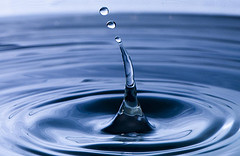
Thirst Is Not Your Guide!
The feeling of thirst is an indication that you are already partially dehydrated.
Checking the colour of your urine can give you a simple guide to how hydrated or dehydrated you are.
If you have carefully maintained you hydration levels your urine will be colourless, however if your urine were yellow this would indicate you are slightly dehydrated. Darker or more orange looking urine would indicate severe dehydration probably accompanied by the feeling of thirst.
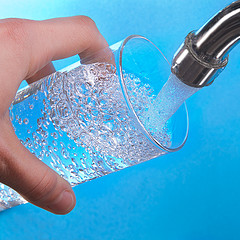
Adjusting Your Water Consumption For Exercise
Understandably, exercise will raise your body temperature, metabolism and cause the loss of water through sweating requiring an increase in your water consumption to prevent dehydration.
Your physical and mental performance can drop with loss of 2% body fluid.
The risks associated with dehydration are increased greatly due to the rate at which your body can sweat. Before exercise it is advisable to increase your water intake, try taking a half litre of water around 2 hours before and have some around 30 mins before exercising. Drinking water while you are exercising is a great way to combat dehydration while exercising.
The most efficient way to determine your rehydration needs is to determine your sweat rate while exercising. Weigh yourself before and after exercise, each pound of weight loss is equivalent to 16 oz (0.5 L) of water lost. Also take allowance of the amount of water consumed during exercise.
The sweat rate will vary on the type and intensity of exercise and the gym temperature, the hotter the more sweating, and should be evaluated often to ensure optimum hydration.
Drink What Your Body Needs
There are a lot of different factors which will determine how much water you need to keep yourself hydrated, and there is not fixed amount that can be specified for a person to drink.
A person's hydration requirements are unique depending on their physical condition, the environment they are living/ working in and the amount and intensity of exercise they undertake.
Your body gives you clear signs you are becoming dehydrated, identifying the signs and taking and correcting your water intake will allow you to keep your body in wonderful condition with your mind as sharp as ever.



